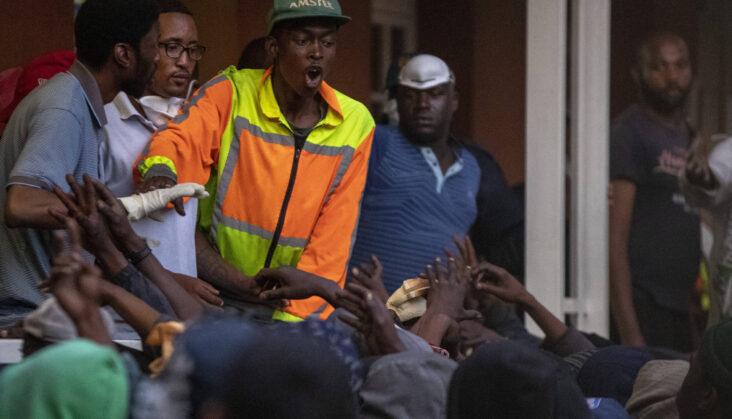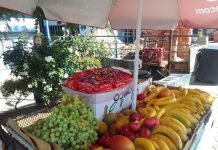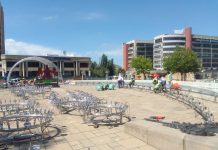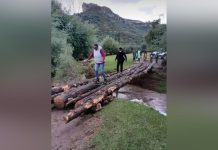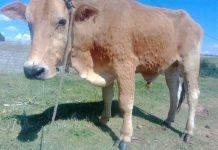Africa-Press – Lesotho. COVID-19 is a major global crisis that is exposing the lack of resilience of an increasingly highly connected world, and it is certainly not going to be the last.
But can it be an opportunity to rethink development and what governments stand for, rather than simply fixing market failures when they arise? Can it be an opportunity to shift towards actively shaping and creating markets that deliver sustainable and inclusive growth?
The scale of the COVID-19 outbreak is highlighting how we are not prepared for large-scale pandemics. So, where are we today? The crisis has already shattered capital markets and the picture for economic growth in 2020 looks bleak.
COVID-19 has disrupted global supply chains and created poor trading conditions. Small and Medium Enterprises (SMEs) are hardest hit in certain Islamic Development Bank’s (IsDB) member countries and will deteriorate further.
As a result, the world is set to lose 25 million jobs, according to many studies. The number of IsDB member countries affected by coronavirus has reached 45 out of 57, with the potential to affect the lives of almost 1.8 billion people.
This includes those in a number of African nations such as Nigeria, Egypt, Algeria, Senegal, Cameroon and Burkina Faso, where there are fears that health services may be put under immense pressure.
The closing statement of the G20 Summit in 2019 made by Saudi Arabia (due to host this year’s event in November), had already expressed great concern about the grave risks facing all countries.
The concern was mainly around developing and least developed countries, particularly across Africa and small island states, whose health systems and economies may be less able to adapt to certain challenges, as we are currently facing, as well as about the risks refugees and displaced persons face.
Looking beyond the headlines of rising cases and deaths, the COVID-19 crisis could actually provide us with a chance to do development differently. I believe this is an opportunity to shift towards actively shaping and creating markets that deliver sustainable and inclusive growth, rather than continue limiting our role at the government and international community level to reacting to market failures.
We can proactively invest in creating and strengthening institutions that prevent crisis. We can coordinate scientific and technological responses, as well as research and development activities, steering them towards public good.
We can forge Public-Private-Philanthropic-People-Partnerships to ensure both citizens and economies are going to benefit. We must learn from the lessons of the 2008 Ebola crisis by resisting handing out unconditional bailouts rather than structuring them to restart a new economy – one that is focused on a 4.0 framework of growth.
That means building capacity around the 4th generation of industrialization that uses science and technology to prevent global value chains disruption under such pandemics, while maintaining zero environmental footprints.
IsDB’s immediate response and call for joint action in order to support our member countries at different stages of the recovery trajectory, has resulted in a comprehensive integrated response package with a total envelop of up-to $2bn.
We call this package “The 3 Rs” (Respond, Restore, and Restart). When we come out of this crisis and enter the “Restart” phase, we want to focus on building resilient economies on solid foundations.
We will catalyze private investment by supporting economic recovery and countercyclical spending with a targeted $10bn guarantee line that aims to unlock $1trn worth of investments.
We must look to the future with optimism for future growth. This pandemic has shown us that our survival on this planet depends on how much we keep investing in science, technology and innovation.
So, we are calling on world leaders to support all these efforts – especially around scientific research and development – and re-evaluate what threats deserve more of our individual and collective action.
Bottom line: The COVID-19 storm will pass but the choices we make today will change our lives for decades to come. Let us not waste this opportunity to reflect and do development differently.
For More News And Analysis About Lesotho Follow Africa-Press

